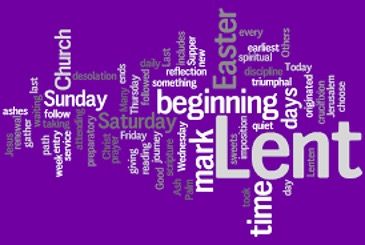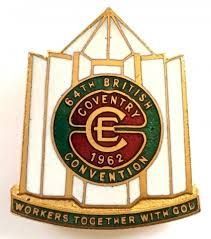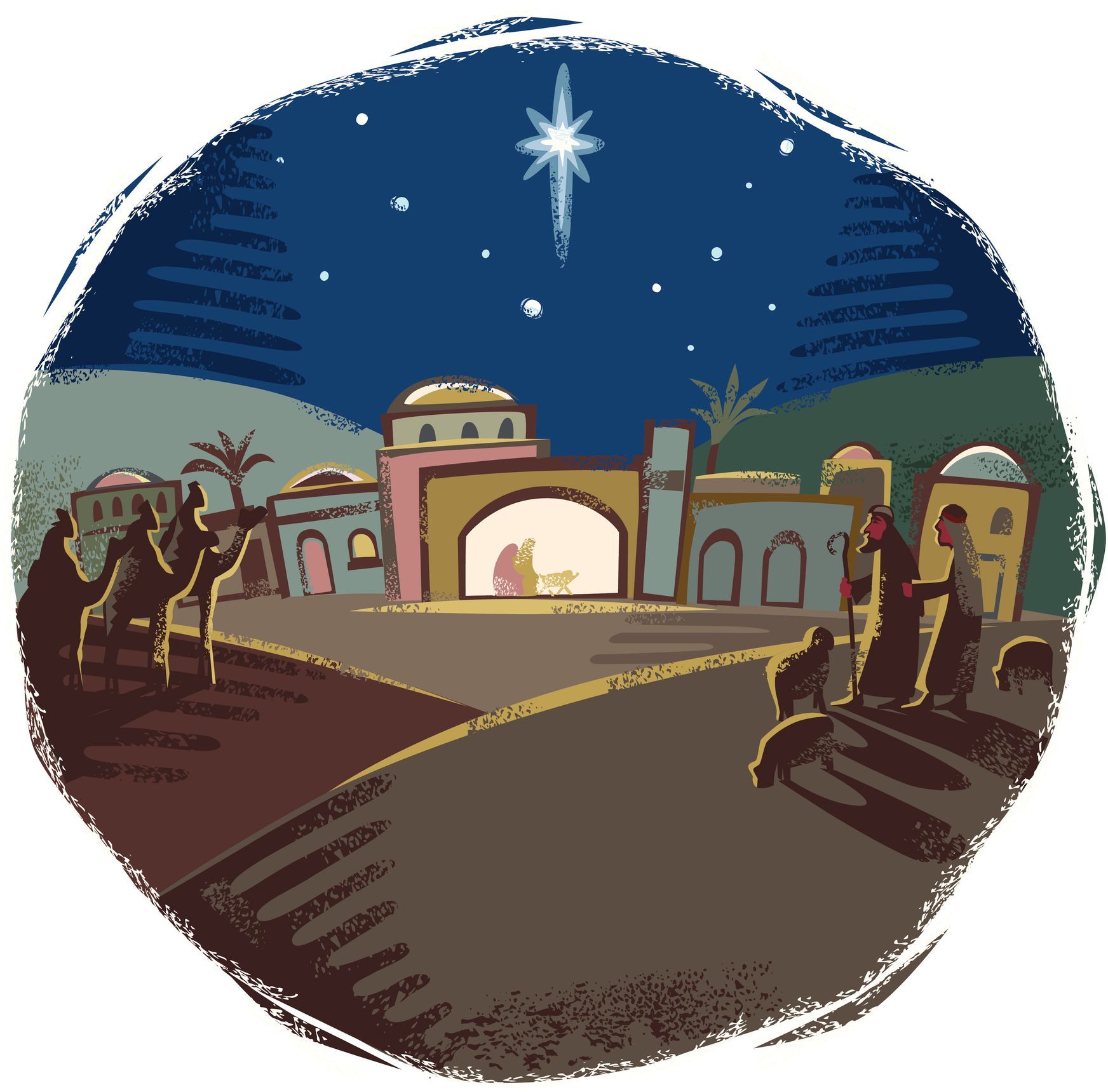
Role model
It is sometimes said that different parts of the Church either ‘over-rate’ or ‘under-rate’ Mary of Nazareth, the mother of Jesus. However, the Church as a whole tends to think of her as a role model for mothers.

The Bible tells us little about the childhood of Jesus so we have few details about Mary as a mother. We can infer some things and expand them from our experiences of our own mothers. Mary was from the working class, as Joseph was a carpenter, which probably meant living off low wages, perhaps even irregular income when work was hard to come by. When her husband died, she became a widow at a comparatively early age, leaving her to bring up the young family on her own. I can empathise with all this, as can many, for those were the circumstances for my motherIt is sometimes said that different parts of the Church either ‘over-rate’ or ‘under-rate’ Mary of Nazareth, the mother of Jesus. However, the Church as a whole tends to think of her as a role model for mothers.
Life would have been a struggle but, through it all, Mary seems to have coped with the difficulties of providing for her family and, importantly, of bringing up her children to know right from wrong. She obviously gave them access to the Scriptures - how else would Jesus have had such a depth of knowledge of them? He learned His faith in the home as well as the synagogue. Though she was not averse to telling off her children if necessary, even Jesus (Luke 2.48b), teaching them both discipline and self-discipline, she obviously gave them her love and let them know she loved them (Luke 2.48c).
Similarly, though she may sometimes have worried that what Jesus was saying was getting Him into trouble with the authorities (some suggest this was the reason for her visit to Him with His brothers which is recorded in Luke 8.19), she gave Him her support and encouragement. She followed Him to Jerusalem in His last days (John 19.25) and was among the believers at Pentecost (Acts 1.13). From the pain of childbirth to the pain of the cross, Mary was a constant factor in the life of Jesus.
If you recognise any or all of these qualities which Mary showed in your own mother, give her your thanks on this special day. If you are unable to do that, like me as my mother died 40 years ago, then give thanks to God and remember her with gratitude, as I will.









